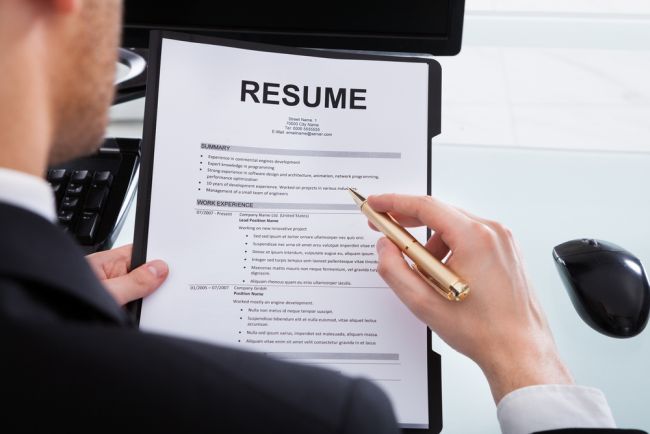Mercer L.L.C., a human resource consulting firm, released a study in December that found the United States as having the lowest statutory levels of holiday entitlement for paid off time from work.
Challenger, Gray & Christmas conducted a straw poll and released data from it back in December. That data shows that since 2007, the percentage of companies in the United States not awarding bonuses come the end of the year increased from 28 percent to 43 percent. Challenger, Gray & Christmas is based in Chicago and is a consulting firm for human resources.
Challenger, Gray & Christmas says that even though a major factor is the economy, the firm also suggests that bonuses at the end of the year are not seen to be the employee morale boosters they once were. The firm also went on to explain that companies probably have found more effective methods of rewarding excellent work of their employees all while increasing morale and loyalty of the staffers.
“It doesn’t have to be a Wall Street sized bonus check,” said CEO John Challenger, in a prepared statement. “Many workers would be happy with a $25 gift certificate to a local restaurant or store. Many would probably be happy with an extra day or two of paid vacation at the end of the year. Many are simply happy to have a job in this economy.”
A large number of companies in the United States are flush with cash right now but the same cannot be said for companies with less than 100 workers on the payroll. As we enter 2012, multiple companies in Connecticut are faced with additional costs that include higher taxes and a new mandate. The new mandate forces companies with over 50 employees on the payroll to provide sick leave. This benefit is not usually offered by a lot of companies in the hospitality sector or other companies that operate on thin budgets.
Johnson Associates Inc. released a compensation survey that found Wall Street bonuses possibly shrinking by 20 or 30 percent. Even if this shrink occurs, an average managing director could still pull down an easy $900,000 in end of year bonuses, which is a decrease from the $1.2 million at the end of 2010. The comptroller for New York state predicted back in October that smaller bonuses would prevail in 2011 after he said there was a 7.5 percent decrease in 2010.
Towers Watson released a survey at the end of the year detailing bonuses as well. Their survey showed that six in 10 companies in the country will pay executive bonuses at least as large as the ones they paid back in 2010.
“The complexity of today’s executive incentives, combined with the fact that the timing of incentive payouts and performance can vary between different forms of pay, really puts companies under the gun to make sure they have a clear and compelling rationale behind their programs,” said Doug Friske, global head of Towers Watson, in a written statement.
















































